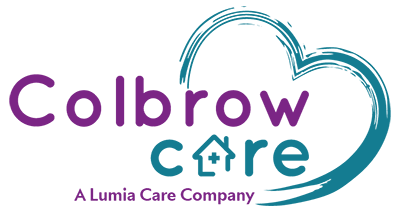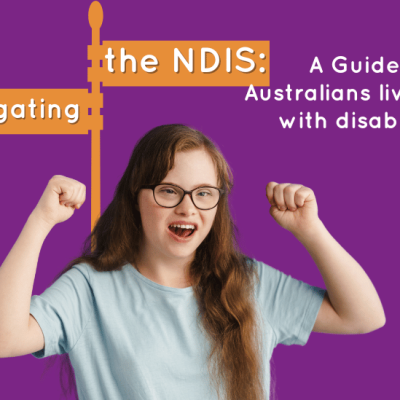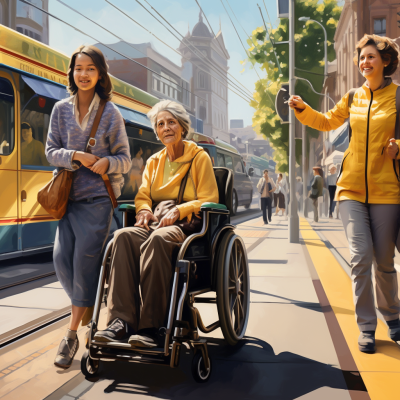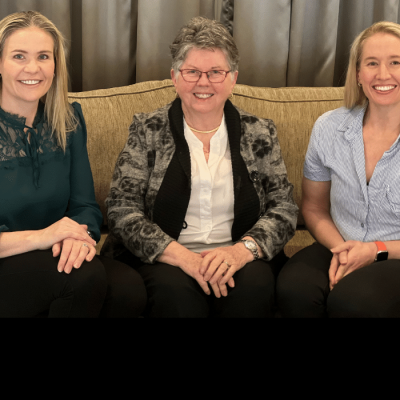This blog post aims to break down the essential steps that individuals living with disability in Australia need to take in order to access the National Disability Insurance Scheme.
The capital supports budget is designed to cover the cost of higher-cost pieces of assistive technology, equipment, and home or vehicle modifications, as well as funding for one-off purchases you may need.
The capital supports budget is highly specific, earmarked for the purchase of particular items and nothing else, and relies on quotes from suppliers.
The capital supports budget includes two distinct support categories:
- Assistive Technology, and
- Home Modifications
Assistive technology defined by the World Health Organisation is: ‘any device or system that allows individuals to perform tasks they would otherwise be unable to do or increases the ease and safety with which tasks can be performed’.
Household tasks can be made much more manageable with the use of assistive technology products. These physical supports help you do something in your home more easily and/or enable you to accomplish a task you would not otherwise be able to as a result of your disability.
The range of assistive technology products to help you with household tasks are many and may include:
- Alarms and doorbells
- Clocks and timers
- Programmable memory aids
- Dishwashing and cleaning aids
- Food preparation and cooking products
- Tap and door turners
This category includes assistive technology that helps you in the areas of personal care and safety. If your (dis)ability impacts your daily personal care activities, this budget can support the purchase of items to enable you to carry out these tasks. Likewise, with safety in and around your home, there are many products to make your environment and how you move around it, safer.
Some products to help you with personal care and safety may include:
- non-slip mats, that assist you in moving around your home safely
- rails positioned in your bathroom for you to hold onto
- specialised clothing
- continence needs
- pressure mattresses
- equipment or aids for dressing
Assistive technology can be utilised to support communication and information processing. Being able to communicate is a fundamental human right, yet (dis)ability can lead to communication difficulties.
Types of communication and information equipment may include:
- augmentative and alternative communication (AAC) devices
- tablets, apps, and smartphone
- equipment to assist you to access the computer
- smart home technology
- specialised software programs, apps, and other communication gadgets
As important as communication is, so too is the ability to safely move about in your environment. Your (dis)ability may make getting in and out of bed difficult or it may make walking independently impossible.
There are many assistive technology products on the market, which both make personal mobility easier and achievable. Some personal mobility equipment you are able to purchase under this budget may include:
- transfer equipment such as hoists, slings, and bedsheets
- equipment related to walking such as a walker or rollator
- specialised seating for wheelchairs and other wheeled mobility equipment
- specialised strollers
- wheelchairs and scooters – manual, electric, and folding
Capital supports can fund supports to have your home modified to make it a safe environment for you to live in.
Generally, the NDIA will fund reasonable and necessary home modifications:
- to the participant’s primary residence where, due to the impact of the participant’s (dis)ability, the participant or their carers are unable to reasonably access and use frequently used rooms and spaces using standard fixtures and fittings;
- when the participant’s primary residence, in its current condition, has a significant and adverse impact on the sustainability of current living and care arrangements; and
- where a suitably qualified Occupational Therapist has performed an assessment and recommended home modifications considering all possible alternatives, including the use of equipment.
Home modifications are changes to your home, the structure, layout, and/or fittings that are required for you to safely access and move around your home as a result of their (dis)ability.
Home modifications will normally only be considered where the planned modifications are for your primary residence and that you intend to remain living in this residence. If the property happens to be a rental property, then the written agreement of the landlord will be required before any modifications are approved to take place.
The capital supports budget is designed to cover the cost of higher-cost pieces of assistive technology, equipment, and home or vehicle modifications, as well as funding for one-off purchases you may need.
The capital supports budget is highly specific, earmarked for the purchase of particular items and nothing else, and relies on quotes from suppliers.
The capital supports budget includes two distinct support categories:
- Assistive Technology, and
- Home Modifications
Assistive technology defined by the World Health Organisation is: ‘any device or system that allows individuals to perform tasks they would otherwise be unable to do or increases the ease and safety with which tasks can be performed’.
Household tasks can be made much more manageable with the use of assistive technology products. These physical supports help you do something in your home more easily and/or enable you to accomplish a task you would not otherwise be able to as a result of your disability.
The range of assistive technology products to help you with household tasks are many and may include:
- Alarms and doorbells
- Clocks and timers
- Programmable memory aids
- Dishwashing and cleaning aids
- Food preparation and cooking products
- Tap and door turners
This category includes assistive technology that helps you in the areas of personal care and safety. If your disability impacts your daily personal care activities, this budget can support the purchase of items to enable you to carry out these tasks. Likewise, with safety in and around your home, there are many products to make your environment and how you move around it, safer.
Some products to help you with personal care and safety may include:
- non-slip mats, that assist you in moving around your home safely
- rails positioned in your bathroom for you to hold onto
- specialised clothing
- continence needs
- pressure mattresses
- equipment or aids for dressing
Assistive technology can be utilised to support communication and information processing. Being able to communicate is a fundamental human right, yet disability can lead to communication difficulties.
Types of communication and information equipment may include:
- augmentative and alternative communication (AAC) devices
- tablets, apps, and smartphone
- equipment to assist you to access the computer
- smart home technology
- specialised software programs, apps and other communication gadgets
As important as communication is, so too is the ability to safely move about in your environment. Your disability may make getting in and out of bed difficult or it may make walking independently impossible.
There are many assistive technology products on the market, which both make personal mobility easier and achievable. Some personal mobility equipment you are able to purchase under this budget may include:
- transfer equipment such as hoists, slings, and bedsheets
- equipment related to walking such as a walker or rollator
- specialised seating for wheelchairs and other wheeled mobility equipment
- specialised strollers
- wheelchairs and scooters – manual, electric, and folding
Capital supports can fund supports to have your home modified to make it a safe environment for you to live in.
Generally, the NDIA will fund reasonable and necessary home modifications:
- to the participant’s primary residence where, due to the impact of the participant’s disability, the participant or their carers are unable to reasonably access and use frequently used rooms and spaces using standard fixtures and fittings;
- when the participant’s primary residence, in its current condition, has a significant and adverse impact on the sustainability of current living and care arrangements; and
- where a suitably qualified Occupational Therapist has performed an assessment and recommended home modifications considering all possible alternatives, including the use of equipment.
Home modifications are changes to your home, the structure, layout, and/or fittings that are required for you to safely access and move around your home as a result of their disability.
Home modifications will normally only be considered where the planned modifications are for your primary residence and that you intend to remain living in this residence. If the property happens to be a rental property, then the written agreement of the landlord will be required before any modifications are approved to take place.

Melbourne is not just a city known for its dynamic culture and scenic landscapes; it’s a city that prides itself on being …
HLTHPS006 assist clients with medication course trains care workers to oversee, assist and deliver medicine to their clients checking they take their …
Neurodevelopmental disorders Neurodevelopmental disorders are a group of conditions that affect the development of the brain and nervous system. They typically manifest …
Post operative care enables our clients to have continuity of medical and nursing services, once they are discharged from hospital. Colbrow Care …
Disability support services are an integral component in the lives of those living with (dis)ability. Recently, two of our team members had …
Recently The Age interviewed us for a feature article on Disability Support. Over three generations, our family has owned and operated Colbrow …
Consumer directed care and client centred care are models of service provision that afford clients choice and flexibility. We all want ageing …
Understanding the NDIS and what it means to those living with disability Understanding the NDIS for many Australians is not easy! However …












